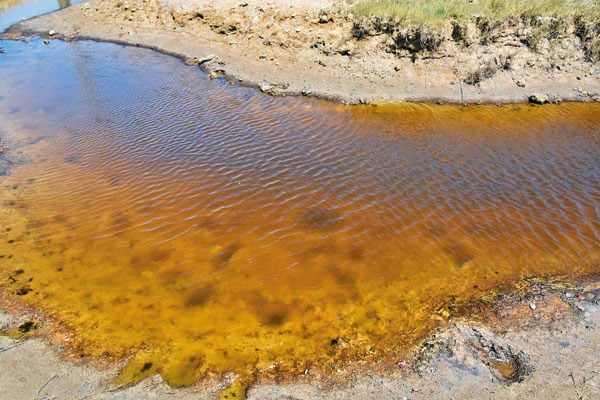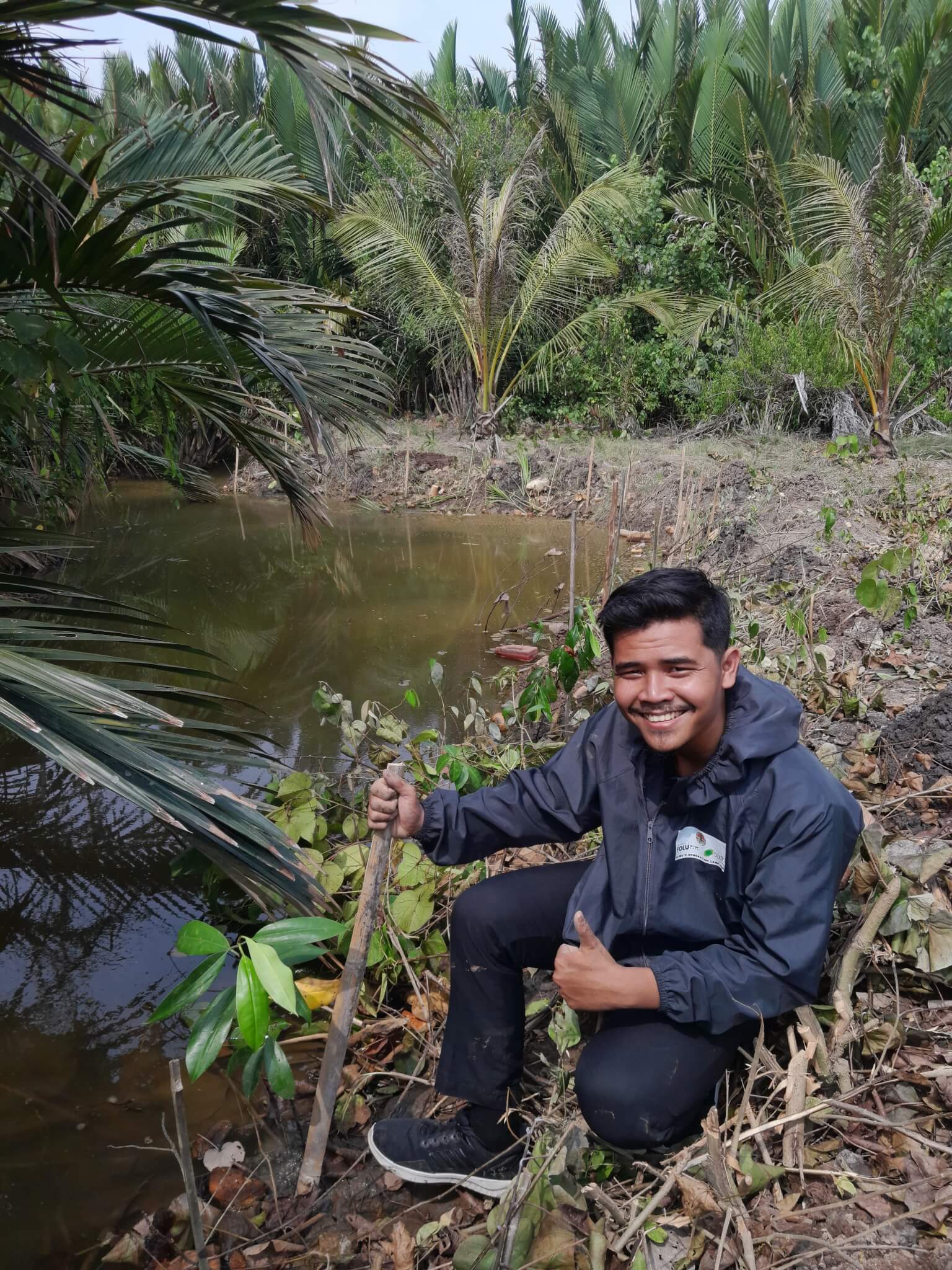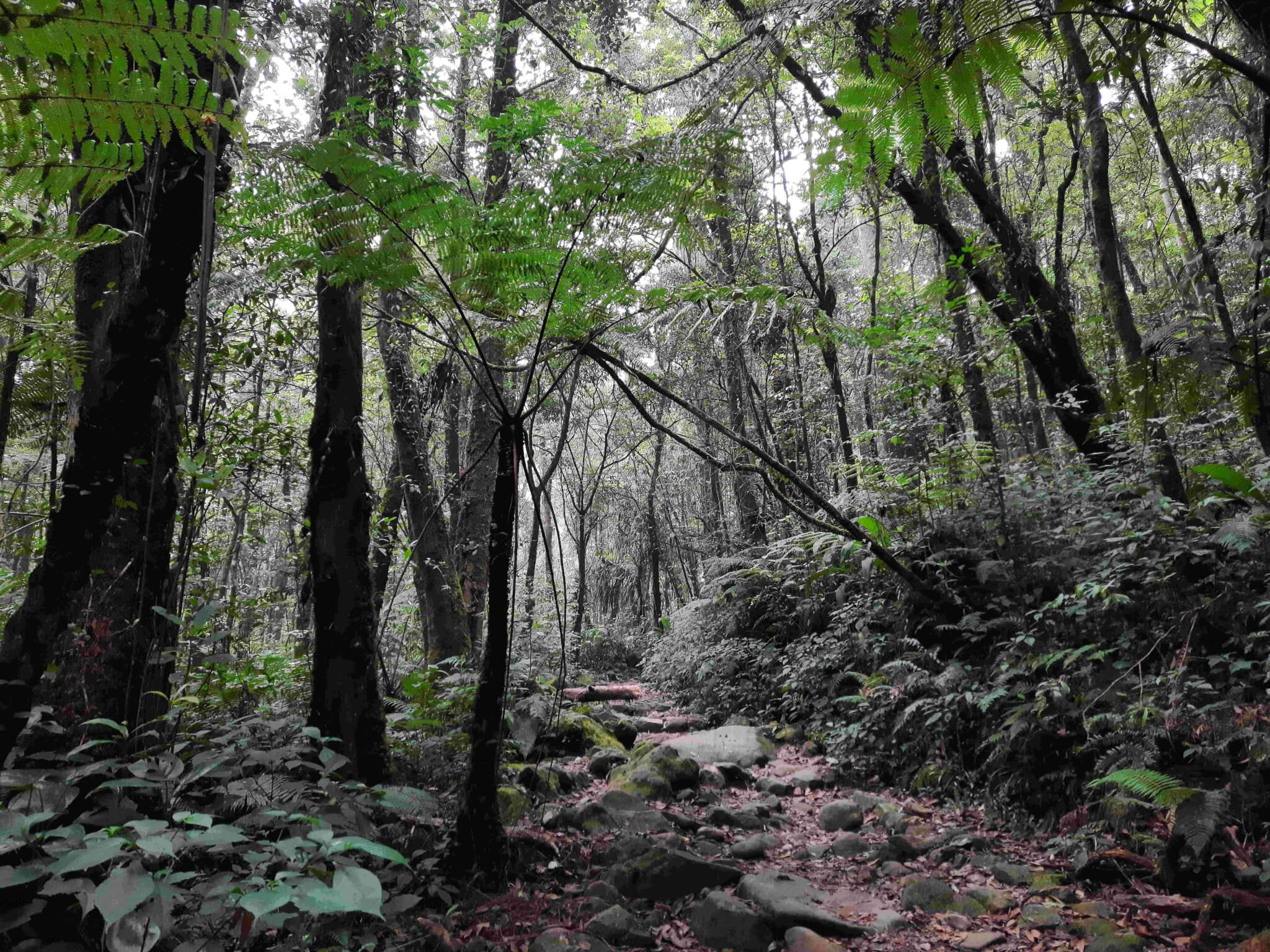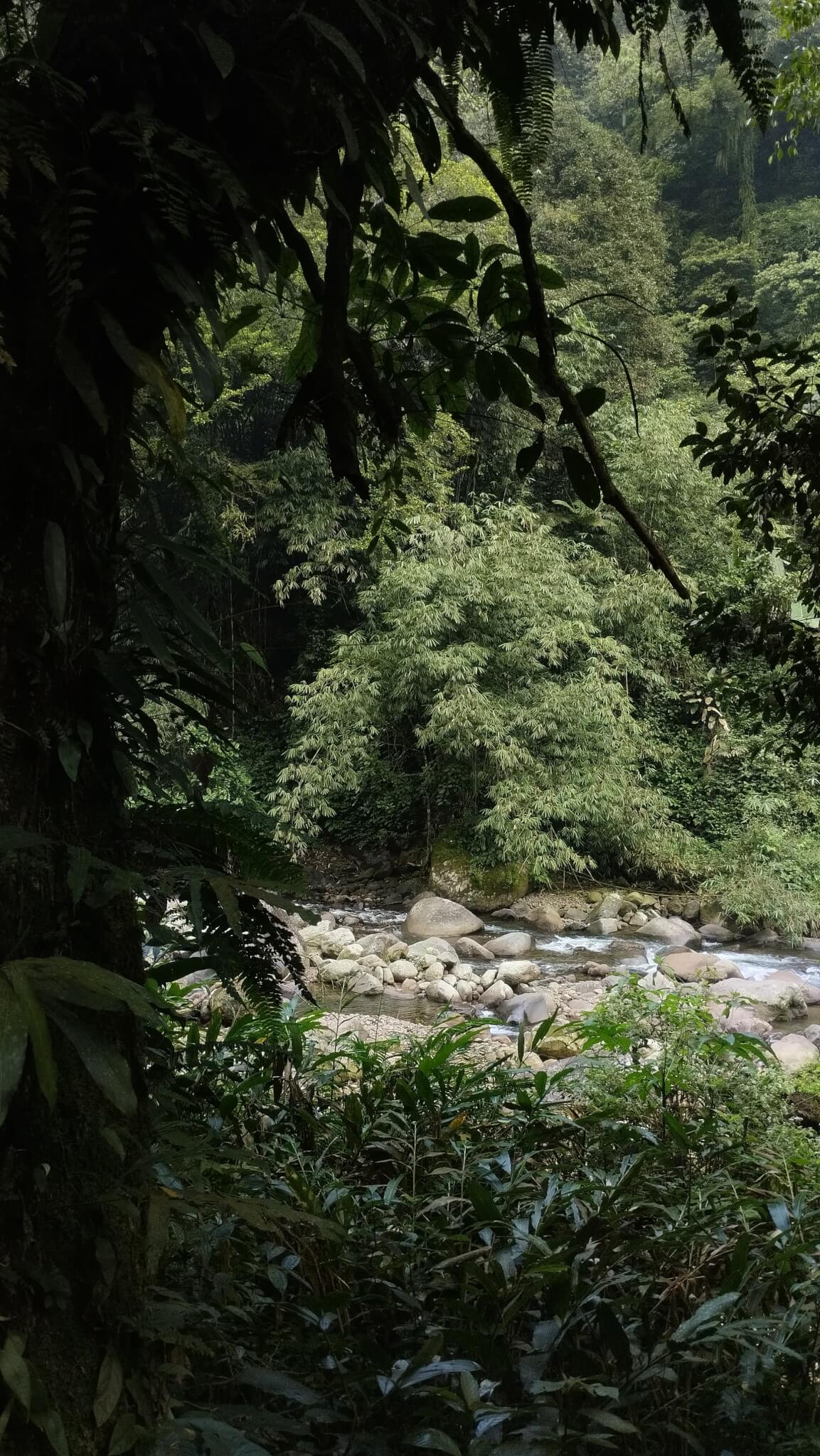


Environmental pollution caused by the activities of a shrimp farming company along the Jibur Beach coastline in Gusung Hamlet, Rias Village, Toboali District, South Bangka Regency, Bangka Belitung Islands Province, in late May 2024, has become a serious concern for the local government and community. This issue clearly affects the marine ecosystem, including its impact on local fishermen.
From the government's perspective, the South Bangka Regency Environmental Agency (DLH) has taken proactive steps by summoning the company to provide clarification regarding the alleged environmental pollution. This action reflects the government's commitment to addressing environmental issues. In addition, regular monitoring of waste management is conducted to ensure that companies in the region comply with environmental regulations.
However, field surveys revealed alarming conditions at the company’s Wastewater Treatment Plant (IPAL). The discovery of dead shrimp in the IPAL and the foul odor emanating from the wastewater suggest that the treatment process is ineffective. Although the company possesses the necessary legal documents and maintains IPAL ponds that meet standard requirements, these factors do not reflect efficiency in waste management practices.
As for solutions, the government must take firm action against companies that violate environmental regulations. Temporary suspension of the company's operations and a thorough audit of the IPAL system are necessary to ensure that the generated waste does not pollute the environment. Moreover, the company should face appropriate sanctions if found to have violated regulations, in accordance with the Environmental Protection and Management Law.
From the perspective of WALHI (Indonesian Forum for the Environment) Bangka Belitung, the environmental pollution by the shrimp farming company at Jibur Beach is a key reason to demand the revocation of the company’s operating license. Citing ecological data that shows a significant decline in mangrove forests and coral reefs, along with the death of protected species, WALHI emphasizes the urgent need to halt shrimp farming activities that are damaging the coastal ecosystem. Furthermore, the decline in fishermen's catch is a direct indicator of the negative impacts of this environmental pollution.
In this regard, the local government must reconsider granting operational licenses to shrimp farming companies that lack sufficient carrying capacity. A comprehensive audit of waste management systems should be conducted regularly to ensure that companies comply with established environmental standards. The active involvement of environmental organizations like WALHI must also be acknowledged and supported in monitoring and enforcing environmental compliance in the area.
From the fishermen's perspective, the impact of environmental pollution is directly felt through reduced catches and health issues. The presence of shrimp farms without adequate IPAL systems has disrupted the marine ecosystem, leading to the death of many marine species and even causing skin irritations among fishermen who come into contact with polluted waters. These complaints from fishermen should be a primary concern for both the government and the companies involved in finding appropriate solutions.
Immediate action must be taken to stop the discharge of inadequately managed shrimp farm waste. The village government and relevant agencies should respond swiftly to the fishermen's complaints and conduct a thorough investigation into the alleged environmental pollution. More active communication between the government, the company, and the local community is also needed to find a collective solution that effectively addresses this issue.
From all perspectives involved, it is evident that the environmental pollution caused by the shrimp farming company at Jibur Beach requires a comprehensive and collaborative response. With concrete measures such as the temporary suspension of the company's operations, audits of the waste management system, and active participation from the local community, this problem can hopefully be resolved to safeguard the environment and the livelihoods of fishermen in the area.
Leave a Reply
Article


 ID
ID
 EN
EN




